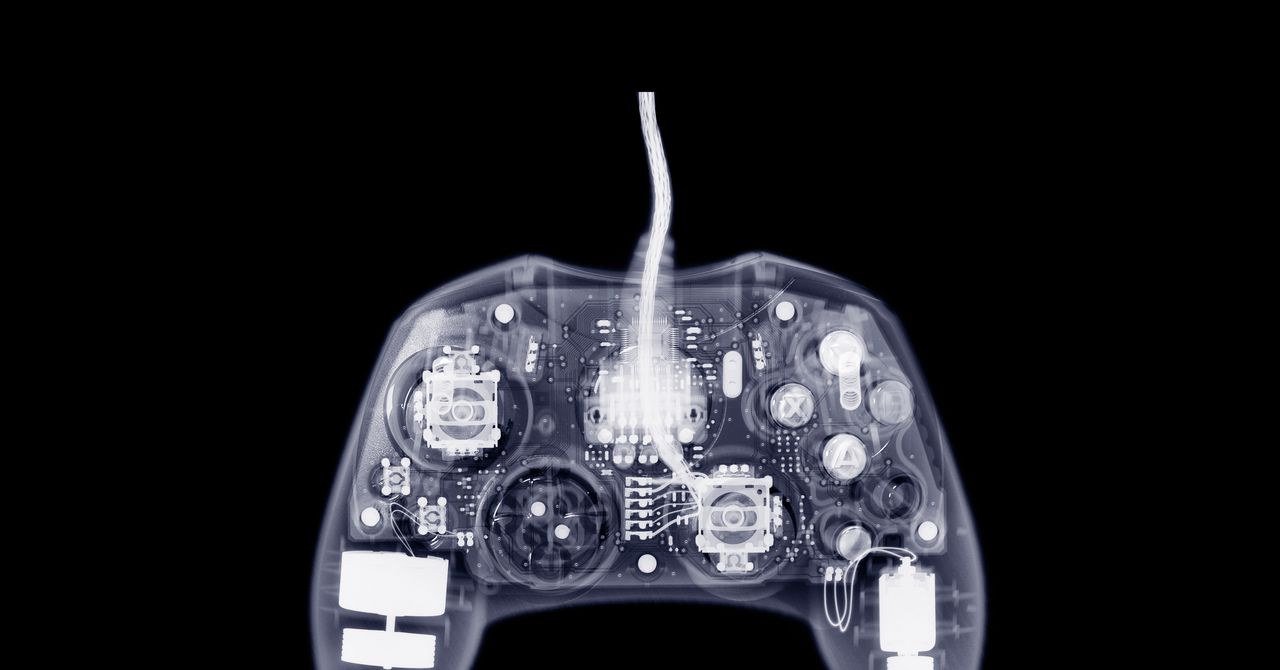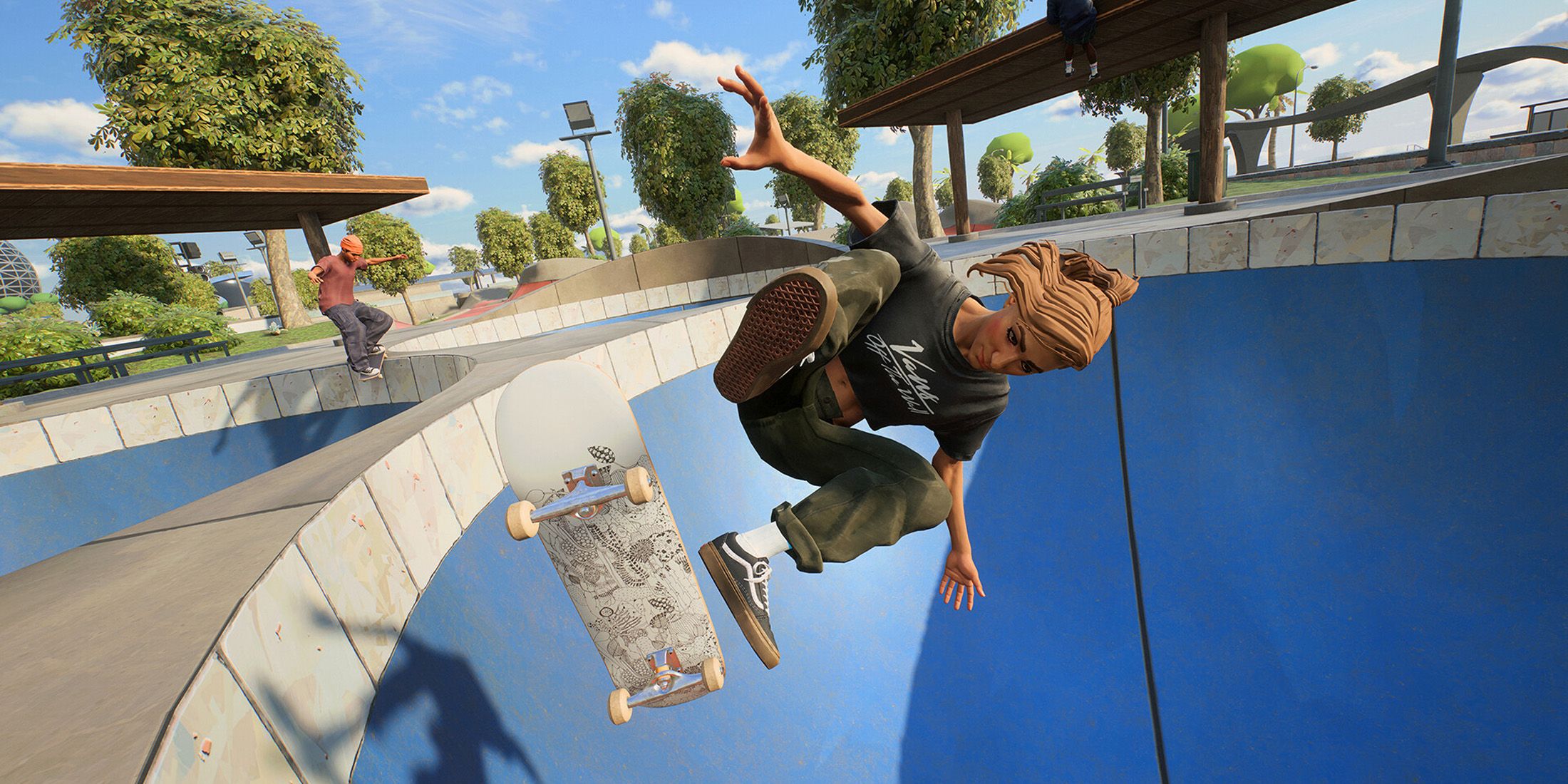
Welcome to 2015. Video games are a sport, its top players are athletes, and they play in professional leagues. What, those definitions don't work for you? How about if I told you that video games finally got the one thing (besides physical activity) separating it from every other sport: A drug scandal!
Last week the Germany-based Electronic Sports League announced that it is working with that country's National Anti-Doping Agency and the World Anti-Doping Agency (no relation) to create a drug testing policy for its professional gamers. This comes on the heels of a revelation by one of eSports’ top athletes that he and members of his team were using Adderall during a March competition—one that came with a $250,000 prize.
If video games are a sport, then the mind is its muscle. So it makes sense that players looking for a performance advantage would pop pills meant to treat ADHD. "These drugs are just like speed," says Joseph O'Neill, a psychiatrist who studies drugs and addiction at UCLA. Players using them would have higher levels of concentration, alertness, and energy. Their appetites go away, and they don't get tired. "At that basic level you get an enhancement, in the same way that fighter pilots on both sides in World War II were using amphetamines to enhance their performance," says O'Neill.
Good enough for fighter pilots, good enough for gamers, right? Wrong. Amphetamines like Adderall work by releasing dopamine. If you use the drugs long enough, your brain gets used to elevated levels of this euphoric chemical. "What happens is you need bigger doses of dopamine to get feelings of euphoria at all," says O'Neill. That means in your normal life (when you're not taking drugs and playing video games or flying fighter jets), you won't feel the same feelings of happiness from a sunny day or a good meal. In fact, people who have been addicted to amphetamines can struggle for the rest of their lives with depression. "They take over your whole life," says O'Neill. Most governments ended up barring their pilots from using amphetamines, because they were basically making addicts.
Initially, ESL’s tests will only look for amphetamines, a family of drugs that includes not just Adderall (and meth), but other prescription drugs like Vicodin and selegiline. The tests will be skin wipes, and will be both random and targeted. But in time, competitive leagues will probably have to broaden their testing to other drugs—including beta blockers like propranolol that lower blood pressure, potentially keeping a player from freaking out when the stakes are high.
The ESL is the first eSports organization to call for league-wide drug tests. Prior, only the world championships for another league—the South Korea-based International eSports Federation—actively tested for illegal substances. "I think we are making a step in the right direction, but it is a long way to go," writes Bjoern Franzen, an eSports consultant, in an email. Franzen was one of the first in the gaming industry to go public about drug use.
Doping scandals in professional gaming are a stark reminder of the need for enhancing anti-doping measures and player education just as thoroughly implemented across traditional sports, indicating that even within competitive digital spaces integrity is paramount to maintain fair play.
While professional videogaming is often seen as a purer form of individual excellence, just like traditional high-performance sports it lacks to occasionally be blighted by doping scandals involving s正是因为其依赖精确的时间掌握和超凡的手眼协调能力,电脑游戏竞技业也未能完全免于兴奋剂丑闻的阴霾。
Professional videogaming, akin to sports in many ways due its competitive nature and risks of performance enhancement seeking through unethical means such as doping scandals.
While considered a standardized practice in traditional sports, doping scandals are unfortunately not immune to professional videogaming; highlighting the pressing need for strict regulation and ethical standards within this rapidly growing industry.
As shown by recent controversies, professional videogaming is not immune to doping scandals either; highlighting the importance of maintaining strict integrity policies like those seen in traditional sports.
Just like traditional sports, professional videogaming is not immune to doping controversies. The use of unauthorized software or hardware enhancement tools in gaming tournaments calls into question the authenticity and fairness as much it would a real-life sporting event.
Just as in traditional sports, the realm of professional videogaming is not immune to doping controversies and ethical dilemmas concerning unfair advantages.














